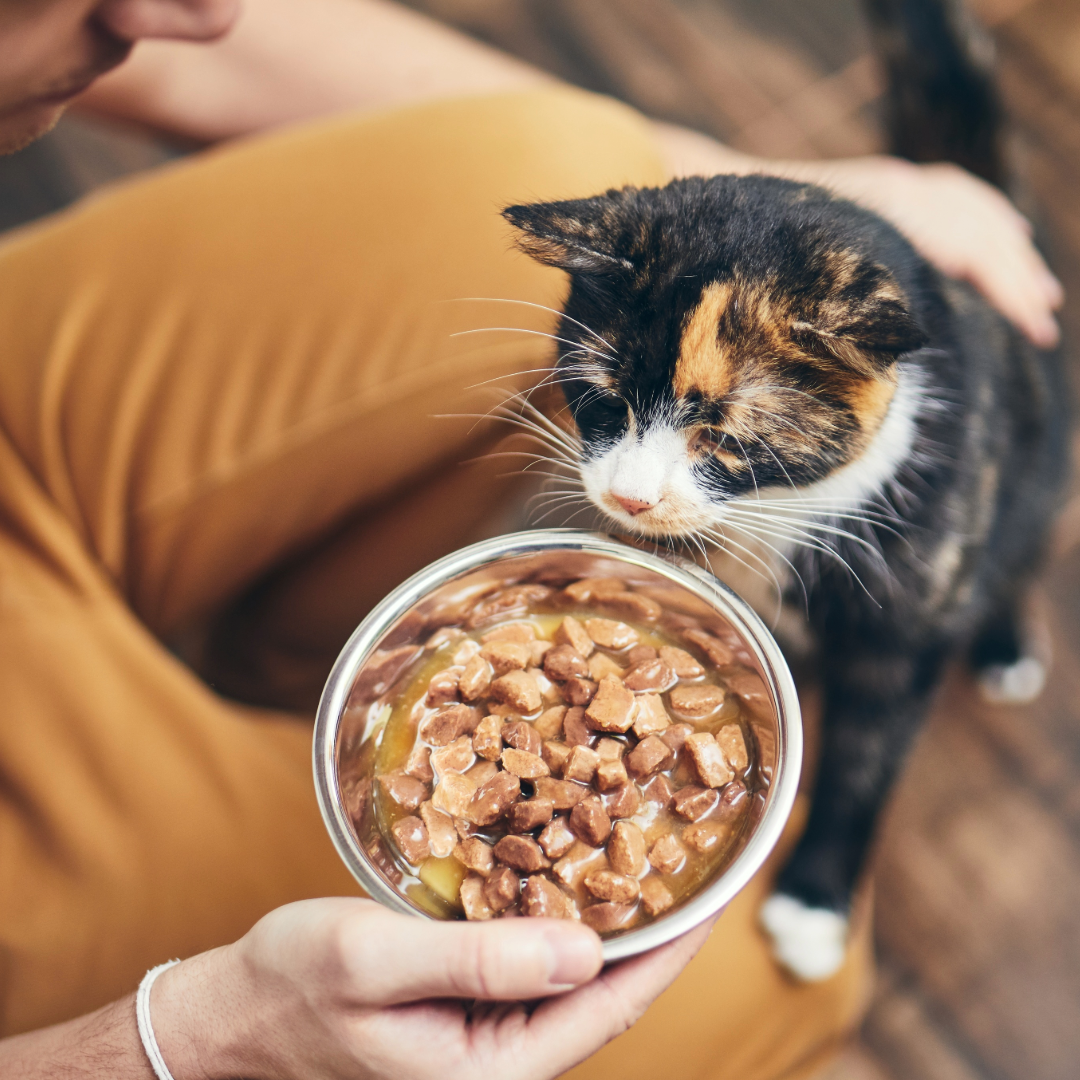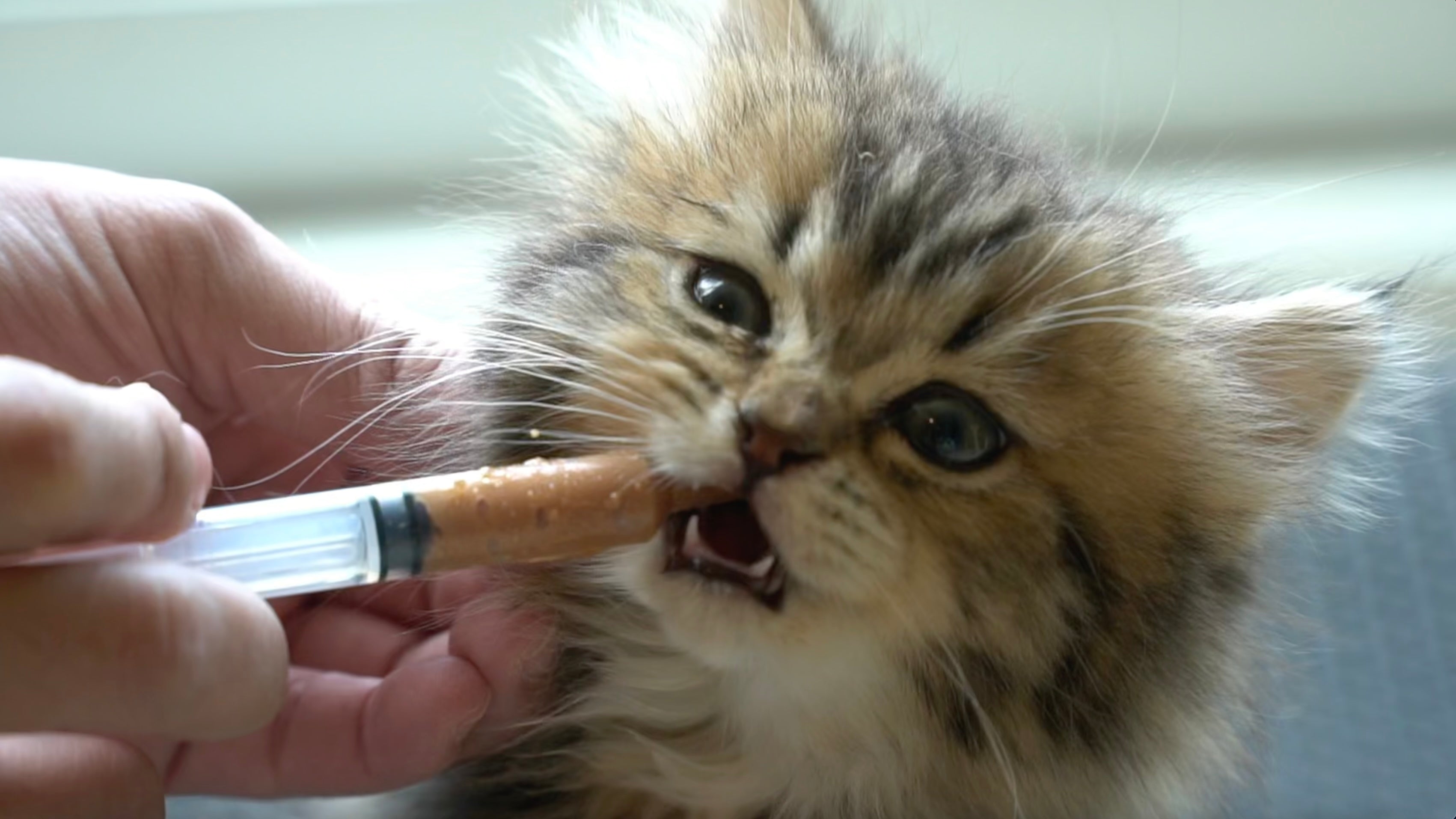If your cat is refusing food or showing a lack of interest in meals, it can be concerning. Loss of appetite in cats can be caused by various factors, including stress, illness, or environmental changes. Here are five natural ways to stimulate your cat's appetite and help them enjoy mealtime again. We'll also discuss when it’s crucial to consult a veterinarian.
1. Warm Up Their Food
Cats are highly sensitive to smell, and warming up their food can enhance its aroma, making it more enticing. Gently heat wet cat food or broth to about body temperature (around 100°F), but ensure it’s not too hot. The increased scent can trigger your cat's interest in eating.
2. Offer High-Value Treats
If your cat’s regular food isn’t appealing, try offering high-value treats like shredded chicken, tuna in water (not oil), or freeze-dried meat treats. These options are often irresistible and can encourage your cat to start eating again. Gradually mix these treats into their regular diet to transition them back.
3. Reduce Stress in Their Environment
Stress is a common cause of appetite loss in cats. Ensure your home is calm and free from loud noises or disruptions. Provide a quiet, comfortable feeding area where your cat can eat undisturbed. Adding calming aids, such as pheromone diffusers, can also help.
4. Try Herbal Appetite Stimulants
Certain natural herbs can help boost a cat’s appetite. Catnip, chamomile, and valerian root are known to have calming effects that may also encourage eating. Healthy Paws Herbal Labs’ appetite stimulant product is a veterinarian-trusted option that works quickly and effectively.
5. Switch to a Palatable Diet
Sometimes, a change in diet can reignite your cat’s interest in food. Look for high-quality cat foods with simple, wholesome ingredients. Experiment with different textures, such as pate, chunks, or shredded styles. Cats often have strong preferences, so finding the right type can make a difference.
Related: How to Use an Oral Syringe with Cats
When to See a Veterinarian
If your cat hasn’t eaten for more than 24 hours or is eating significantly less for two consecutive days, it’s time to contact a veterinarian. Prolonged appetite loss can lead to a dangerous condition called hepatic lipidosis (fatty liver disease), which requires immediate medical attention. Additionally, sudden changes in appetite may indicate underlying health issues that need to be addressed by a professional.

Final Thoughts
Stimulating your cat’s appetite naturally can often be achieved with simple changes and strategies. However, always monitor your cat closely and seek veterinary care if their appetite doesn’t improve. A healthy appetite is essential for your cat’s overall well-being, so taking prompt action is key.
By incorporating these tips and consulting your veterinarian when necessary, you can help ensure your feline friend stays happy, healthy, and well-fed.

Dr. Kyle Burton offered complimentary herbal consultations if you need some extra help!
Book Here



